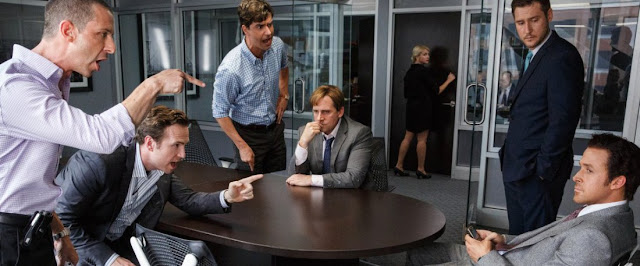Entertainment Weekly just posted the first pic from the new Wonder Woman movie, and it's stressing me out because I'm worried these ladies are gonna get stabbed in the junk.
The way I see it, there are two options here:
- Wonder Woman and friends are sword-proof and invulnerable, and the armor is just a fashion choice.
- The armor is "real," but inexplicably exposes everyone to lethal blows to the neck, arms, and upper thighs.
Now, I'm the first to admit that there's no such thing as a ~practical superhero costume. Their job is to look cool and distinctive, not to make perfect rational sense. Unfortunately for Wonder Woman, her wardrobe choices are colored by decades of sexist garbage movies where women wear skimpy outfits to satisfy our old friend the Male Gaze. In that context, this photo could probably benefit from... some pants, basically. Maybe just one woman wearing pants.
Analysing ~sexualized movie costumes is a real can of worms, because you very quickly become embroiled in the issue of shaming real women for their fashion choices. However, there's a very big difference between a real person deciding to wear a strapless metal bathing suit (do what thou wilt!) and a movie studio marketing its first female action hero in the same kind of outfit. These costumes do not exist in a cultural vacuum.









